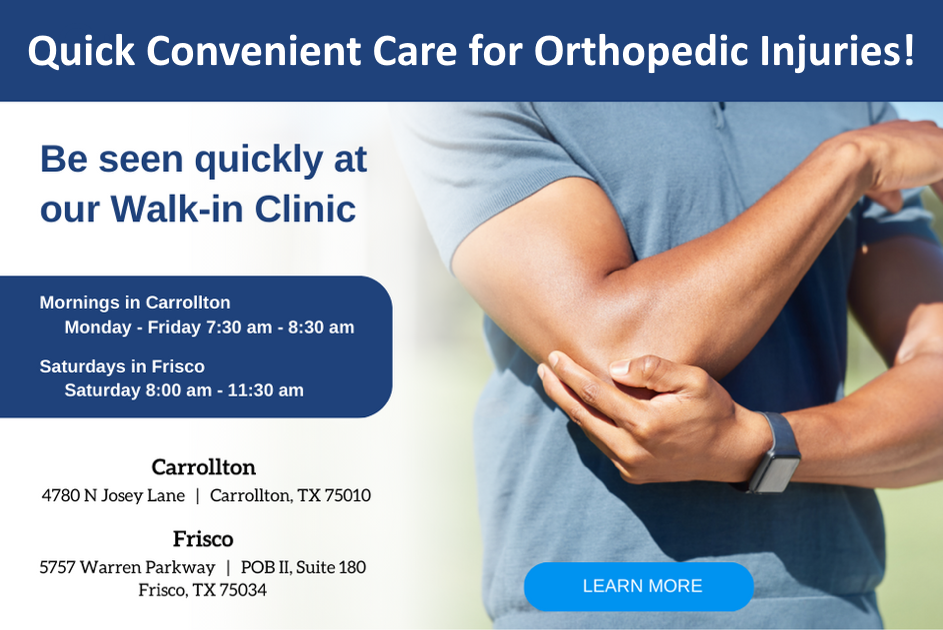Back pain is a common condition that affects most people due to various reasons. It can be triggered due to a number of reasons and may last for a few weeks to several months. In some cases, back pain may also be a symptom of an underlying orthopedic condition such as Herniated Disc, Sciatica, Osteoporosis, Whiplash, Frozen Shoulder, Arthritis, spinal infections, and vertebral fractures.
Causes
- Strains or Sprains: The ligaments and muscles in the back may get strained due to bending in an awkward position or repetitively lifting heavyweights. Poor health and fitness level can also be a risk factor for back pain.
- Ruptured or Bulging Discs: Discs provide a cushioning to the vertebrae in the spine. However sometimes, due to an injury or strain, these discs may break or bulge out of their normal position. This can put pressure on the spinal nerves and lead to back pain.
- Arthritis: This is the most common cause of pain in the lower back. In some cases, Arthritis can also lead to narrowing of the spinal canal, a condition known as Spinal Stenosis.
- Skeletal Irregularities: Back pain can also be caused if the spine curves in an abnormal manner, such as in Scoliosis or Kyphosis. However, such conditions cause back pain only when they are severe.
- Other causes of back pain may include poor posture, lack of physical activity, overstretching, excessive weight, pregnancy, overuse of muscles, and sudden or awkward twisting.
Symptoms
- Intense pain in the back muscles
- Limited range of motion of the back
- Reduced flexibility of the back
- Difficulty while standing straight
- Pain that radiates to the legs
- Sudden and acute pain
Treatment
The orthopedic surgeon may prescribe the following treatment options for back pain:
- Rest: This is the most important part of the treatment process for back pain.
- Anti-inflammatory medications: Certain non-steroidal anti-inflammatory medications may help to reduce pain and inflammation in the back.
- Heat or Ice Packs: Applying ice or hot packs on the affected area can ease pressure on the tensed muscles, thus, relieving back pain.
- Lifestyle Changes: The doctor may also suggest you make certain changes in your lifestyle such as sitting and standing straight, doing light exercises, and avoiding lifting weights for some time to increase your back’s strength.
- Braces: These can be temporarily worn to provide support to the back. Braces also help to relax the back muscles and allow the pain to subside.
- Surgery: This is usually recommended in cases where some orthopedic condition is the cause of back pain.
For complete diagnosis and treatment of back pain consult the orthopedic surgeons at OrthoTexas.


